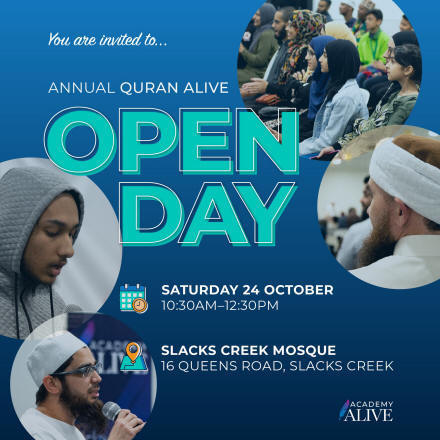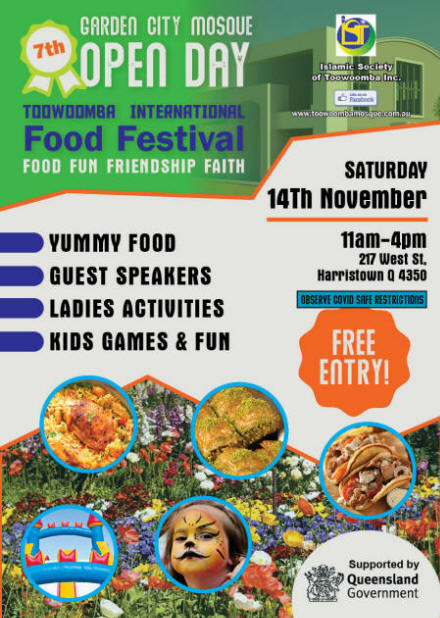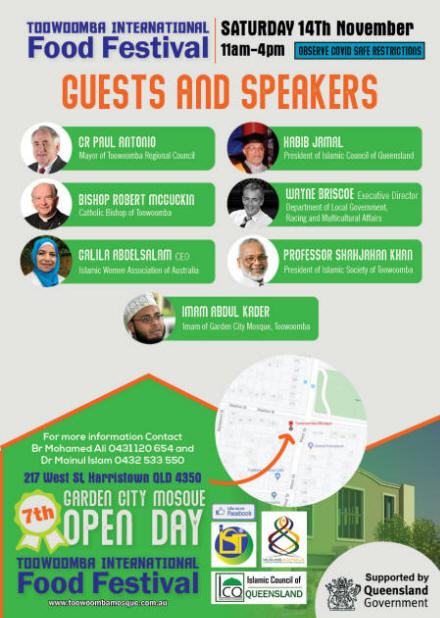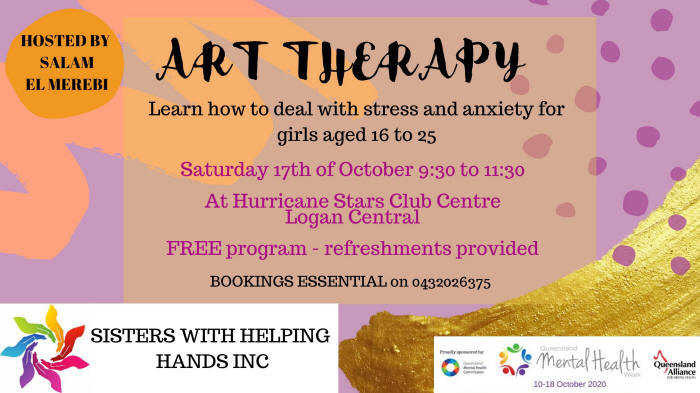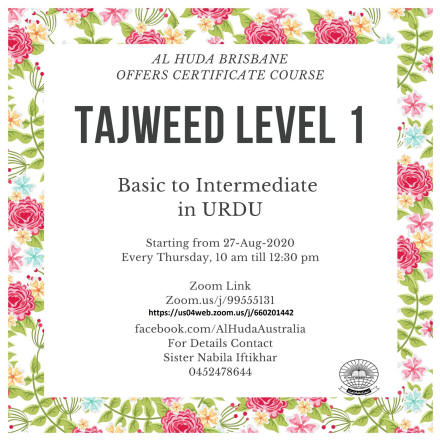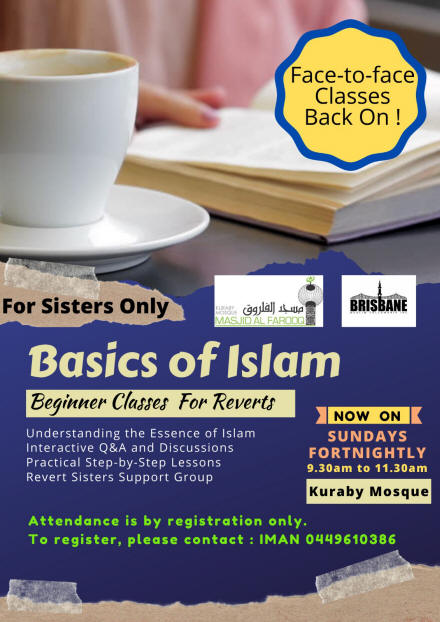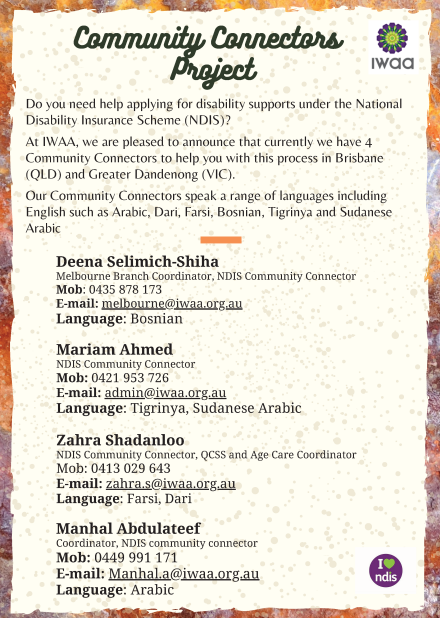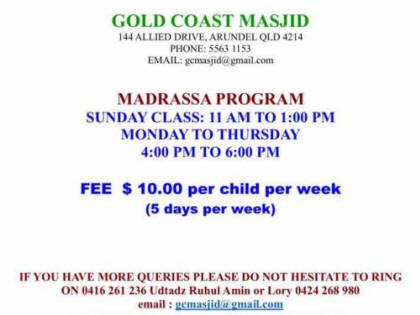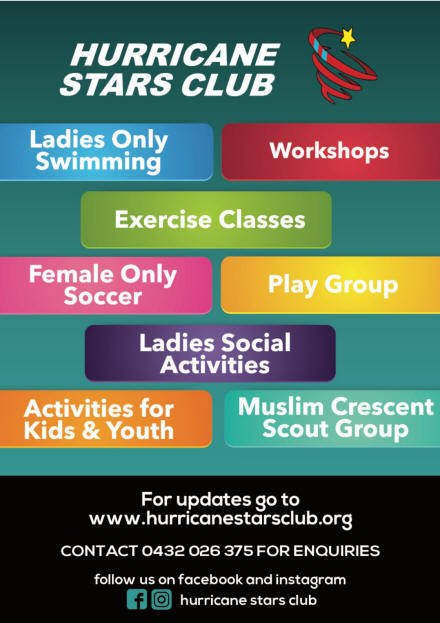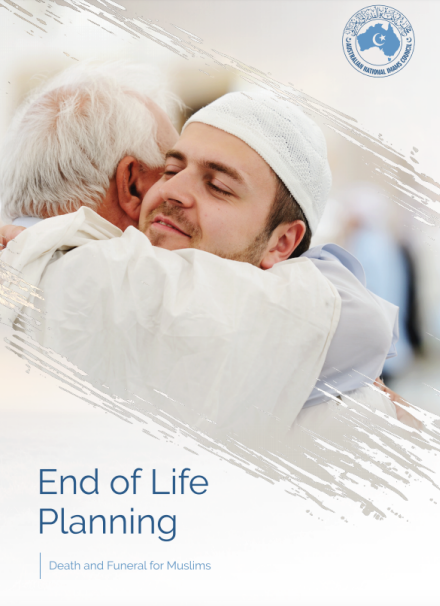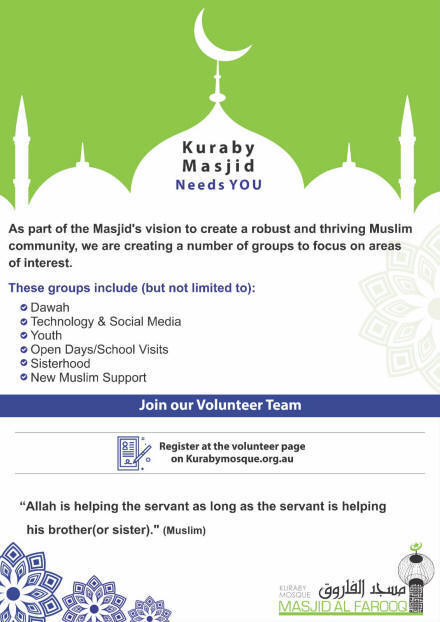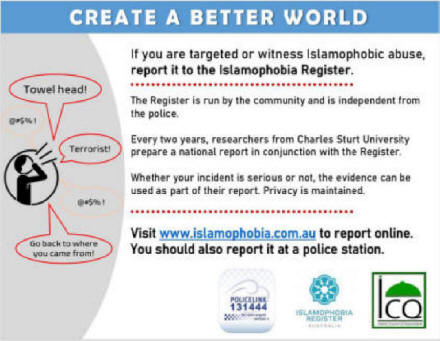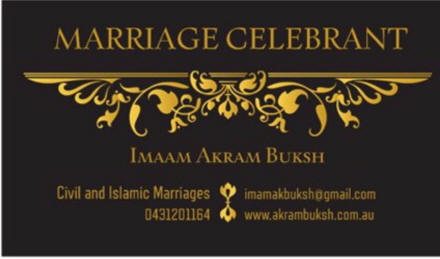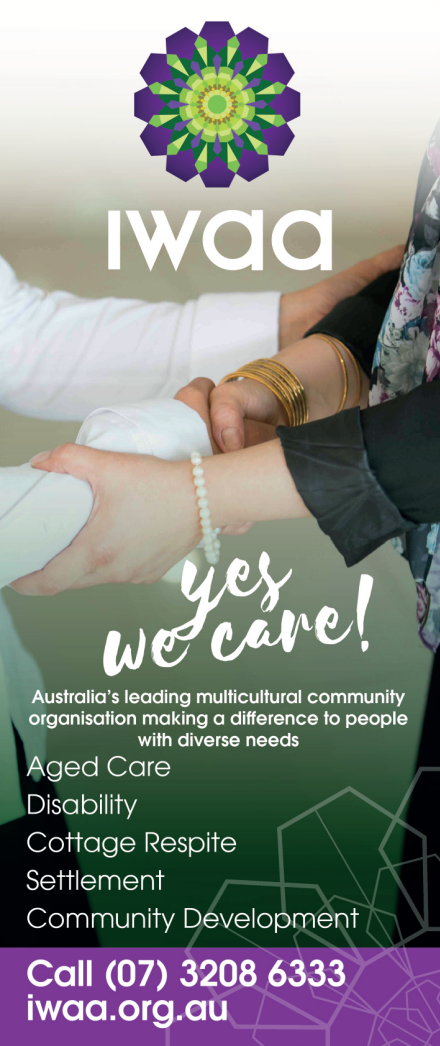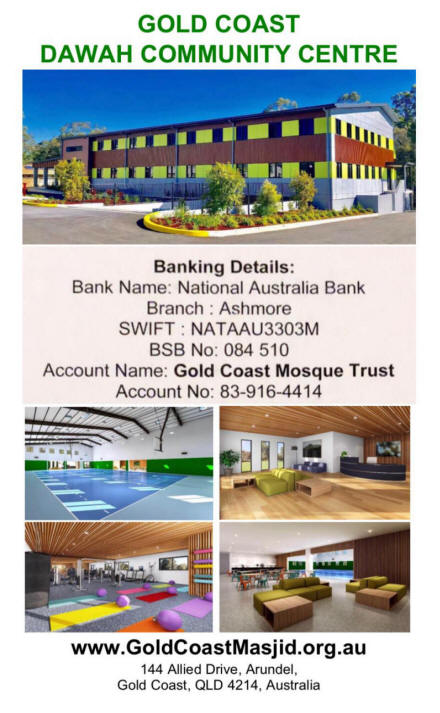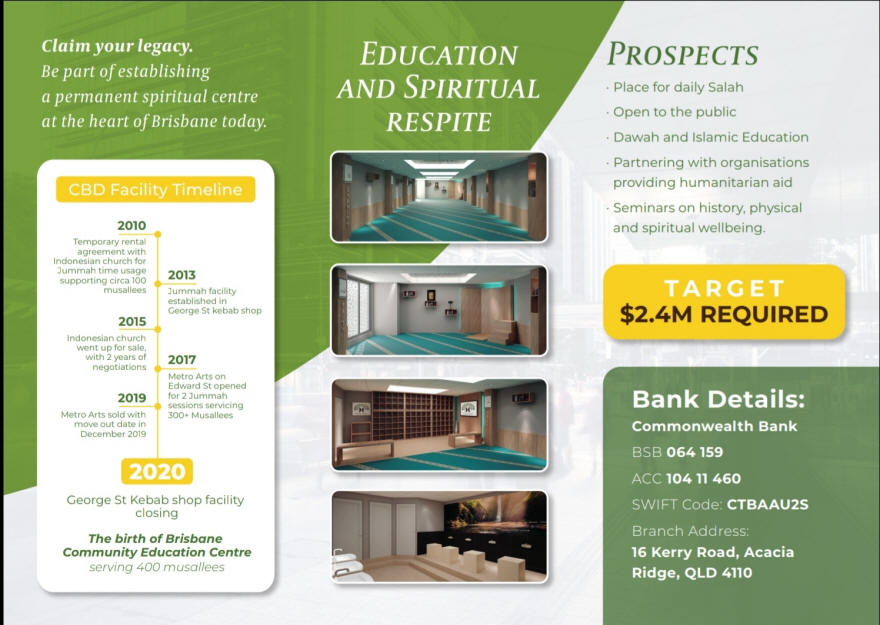|
Over a hundred Muslims have
condemned the Australian
Federation of Islamic
Council after it met with
One Nation’s NSW leader Mark
Latham. Members of the
Muslim community have lashed
out at the AFIC, claiming it
does not represent them.
A group of Muslim
Australians have sent a
strong message to the
Australian Federation of
Islamic Councils (AFIC)
after AFIC held a meeting
with One Nation on September
10 -- saying, "you don't
represent us."
AFIC, the peak Muslim
community organisation in
Australia, met with One
Nation's New South Wales
leader Mark Latham to
discuss the proposed
religious freedoms bill he
introduced in the NSW
senate.
The proposed bill seeks to
amend the
Anti-Discrimination Act, and
could provide protection for
employees on the grounds of
religious belief in
circumstances similar to
that faced by Israel Folau.
It's gained support from
groups such as the
Association of Independent
and Catholic Schools, but
has been criticised by other
church groups and the
Diversity Council Australia.
In a statement on AFIC’s
website, the organisation
said they were in support of
the bill.
“It was refreshing to
witness Mr Latham’s passion
to fight for Australian
faiths (including Islam) and
place them on a level
playing field,” AFIC’s Dawah
Support Officer Ms Mohamed
said in a public statement.
AFIC were established by a
group of Muslim leaders in
1964 to represent the “needs
and aspirations” of Muslims
in Australia.
Not everyone agrees with
AFIC’s sentiments about
their new collaboration.
Rabea Khan, a barrister in
Melbourne, along with
others, decided to put out a
public statement condemning
the meeting, detailing One
Nation and Mark Latham’s
history of antagonising the
Muslim community in
Australia.
The public statement
currently has over 100
signatures from members in
the Muslim community,
including teachers,
academics, journalists and
lawyers.
"I'm extremely embarrassed,
I think is the best way to
describe it," Khan told The
Feed.
"Not only the Muslim
community but people of
color in this country have
had to live with the
increased hostility towards
[them] for the last 23
years, as One Nation has
been around.
"They want to hold an
inquiry as to whether we are
a religion or a radical
political ideology, that's
their official policy."
One Nation’s policies on
Islam include a US-style
travel ban on arrivals from
Muslim countries that are
known sources of radicalism;
an inquiry - as Khan says -
into whether Islam is a
religion or “totalitarian
political ideology”
undermining democracy; and a
ban on the burqa.
AFIC’s president Dr Rateb
Jneid told The Feed the peak
Muslim organisiation has
concerns about One Nation’s
history of Islamophobia and
xenophobia but believes Mark
Latham is “turning One
Nation policies around”.
“One Nation is the only
political party brave enough
to take on an issue that
will bring faith communities
some protection. Nearly 50
different Muslim groups
engaged with them, not just
AFIC,” Dr Jneid told The
Feed.
“The best service that one
can give the Muslim
community is to help win
hearts and minds of both our
critics and those who are
indifferent. In this case,
AFIC’s meeting with One
Nation’s Mark Latham was a
meeting that served the
common good.”
AFIC has been accused of not
representing the breadth of
the Muslim community with an
all-male executive
committee. Khan believes it
doesn’t understand the lived
experience of Muslim women,
who are more likely to
receive Islamophobic attacks
according to an analysis of
hate crimes.
The Islamophobia Register
released a study in 2019
that found 70 per cent of
public Islamophobic attacks
happen to Muslim women and
girls.
"This really is quite a
strong example as to how
AFIC are not representative
of the community," Khan
said.
"Not only are they all male,
particularly middle aged
organisations, on top of
that, they don't consult in
any meaningful way with the
community. That includes
women that includes other
diverse communities."
Despite their current
all-male executive team, Dr
Jneid says there have been
numerous women on its board
over the years.
"There are many women's
groups amongst our
membership and we also have
a memorandum of
understanding with Muslim
Women Australia. We have
more female employees in
senior positions than
males," Dr Jneid said.
Dr Jneid said the two main
staff members who worked on
AFIC's submission on
Latham's Bill were women,
AFIC's Legal Support Officer
Ms Ali and Da'wa Support
Officer Ms Mohamed.
Although neither women were
present in AFIC's photo-op
with One Nation's Mark
Latham.
Khan believes the support of
their public statement
critical of AFIC - that at
present has 135 signatures -
shows the views of AFIC's
are not entirely
representative.
"This statement is allowing
people who don't get heard
in these organisations, or
in these processes very
often to allow them to have
a voice and be heard," she
said.
Khan feels supporting the
bill will do more harm than
good to Australia's Muslim
community.
"This bill is not going to
address issues of free
speech or any type of
vilification outside of the
employment or organizational
context, really, it's very
limited," she said.
One Nation's history with
Australian Muslims
Yusra Metwally, a solicitor
and founder of the Swim
Sisters, wanted to create an
accessible space for Muslim
women to swim in Sydney's
outer-west suburb of Auburn.
It's one of the most diverse
areas in Sydney with 84.6
per cent of residents having
both parents born overseas.
In 2017, Metwally was
offered a two-hour women's
only section, to meet
community needs, for her
Swim Sisters collective,
which would be open to all
women. The Auburn public
pool was reopening after
renovations, and Metwally
was contacted by a reporter
at the Parramatta Advertiser
to share her thoughts about
the two-hour slot for women
each week.
"I said that it would be
great to make the pool more
accessible for the
community, after all, Auburn
is one of the most
multicultural areas of
Sydney," Metwally told The
Feed.
A few weeks later, the story
was covered in the Daily
Telegraph with what, she
says, a completely different
angle. After the coverage in
the Sydney paper, Metwally
says there was a ‘big
furore’ with the Swim
Sisters being featured in A
Current Affair, and later
Mark Latham starting a
petition to stop Auburn pool
from proceeding with the
arrangement.
“It misrepresented the facts
and presented the pool was
exclusively for Muslim
women, when, in fact, it was
open to all women. So once
that sort of media story
took a life of its own, it
then invited people and
voices like Mark Latham,”
she said of the coverage in
A Current Affair.
“There was an A Current
Affair story where they
actually called it
apartheid.”
Metwally was taken aback by
the coverage because women's
only gyms, swimming nights
and spaces aren't a new
phenomenon in Australia.
The impact of the coverage
meant whenever there's a
request for women's only
swimming time, she says,
there's a lot of hesitation
to take it up because of the
unnecessary controversy it
invites.
"We were sort of in the
crossfire," she said, "we
just agreed to do an article
for the local paper." She
said she had no idea that it
would turn into a debate.
Given the episode, Metwally
is deeply troubled with
AFIC's meeting with Latham.
She says she feels it's an
organisation that's shown
little interest in engaging
with the concerns of Muslim
women.
"We just feel like, [AFIC]
don't they represent us,"
she said.
Metwally believes the
composition of AFIC's
leadership team means they
can't relate to the
challenges faced by Muslim
women.
"Muslim women leaders are
the ones who can actually
connect to the challenges we
face," she said.
The president of the
Australian Muslim Women's
Assoication Silma Ihram, she
says, was instrumental in
helping to keep Swim Sisters
going with assisting in
grant applications and
support.
"That's what leadership is,"
she said.
Swim Sister's aren't the
only Muslim run-group that
have recieved backlash from
Latham. In 2018, after a
campaign by the NSW One
Nation leader, the Western
Sydney Bankstown Poetry Slam
decided to hire security.
Latham tweeted that the
Bankstown Poetry Slam was a
“radical Islamic political
ranting, promoting hate
speech towards Australia,”
amongst a series of public
comments on the event.
In the following weeks, a
number of members of the
poetry slam received abuse
online.
“He portrayed all of these
young people turning up –
having the balls and the
skills to speak their mind
in a really interesting
manner – as Islamist hate
speech,” The Bankstown youth
development service
director, Tim Carroll told
The Guardian in 2018.
“That kind of stuff is
really, really scary. We had
to pull all the videos down.
[We had people saying] ‘you
deserve to die’.”
What does this group of
Australian Muslims want from
AFIC?
The public statement
includes demands to AFIC:
asking for them to withdraw
the press release and social
posts, and to not claim they
represent the Muslim
community.
“These demands are
ridiculous projections from
a handful of individuals who
neither have representative
capacity nor an
understanding of Islamic
tradition. Our actions in
openly meeting with One
Nation is clearly and
directly supported by the
Holy Qur’an and the Sunna,”
Dr Jneid said.
“AFIC has the collective
skills and wisdom to be in
an excellent position to
represent the community and
has been doing so for 56
years.”
Khan disagrees, she wants
more from AFIC.
“I would like those who want
to engage at this level in
our community, to first be
qualified to do so to have
the appropriate experts
before they engage in that
consultation, and I want to
see diversity in these
organisations, in terms of
women, in terms of different
ethnicities,” Khan said.
“And I don't want this to be
used by any political party,
or in any process to be seen
as representative,
ultimately, of our
community.”

SBS THE FEED
|

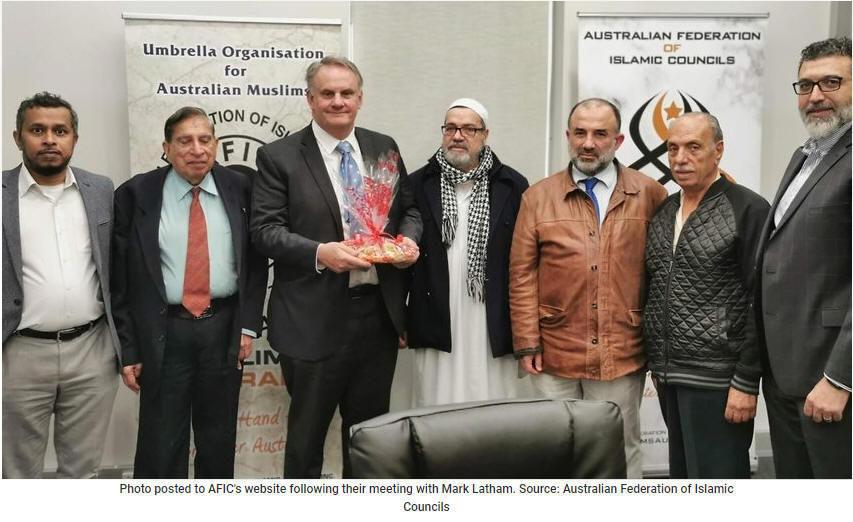


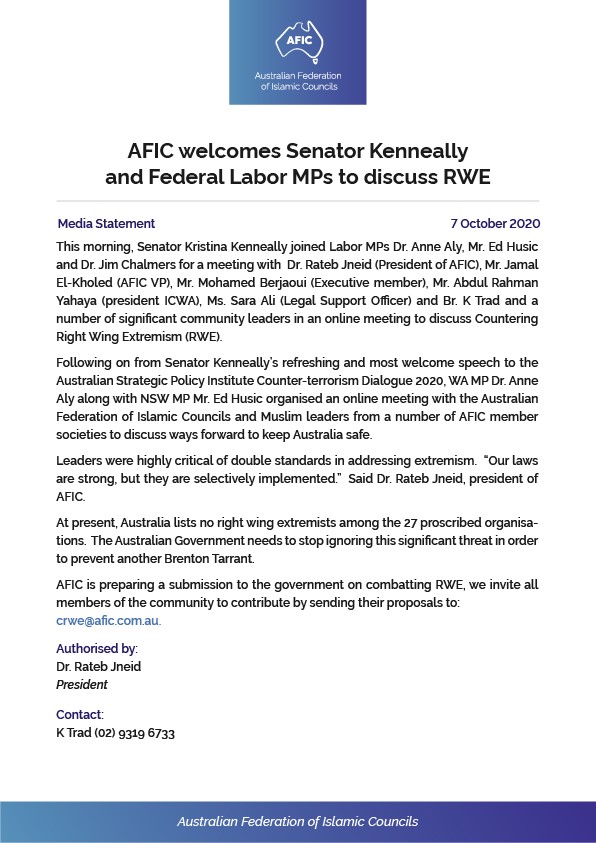
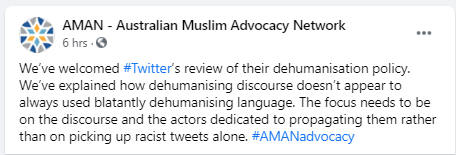
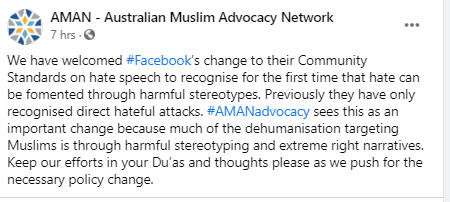
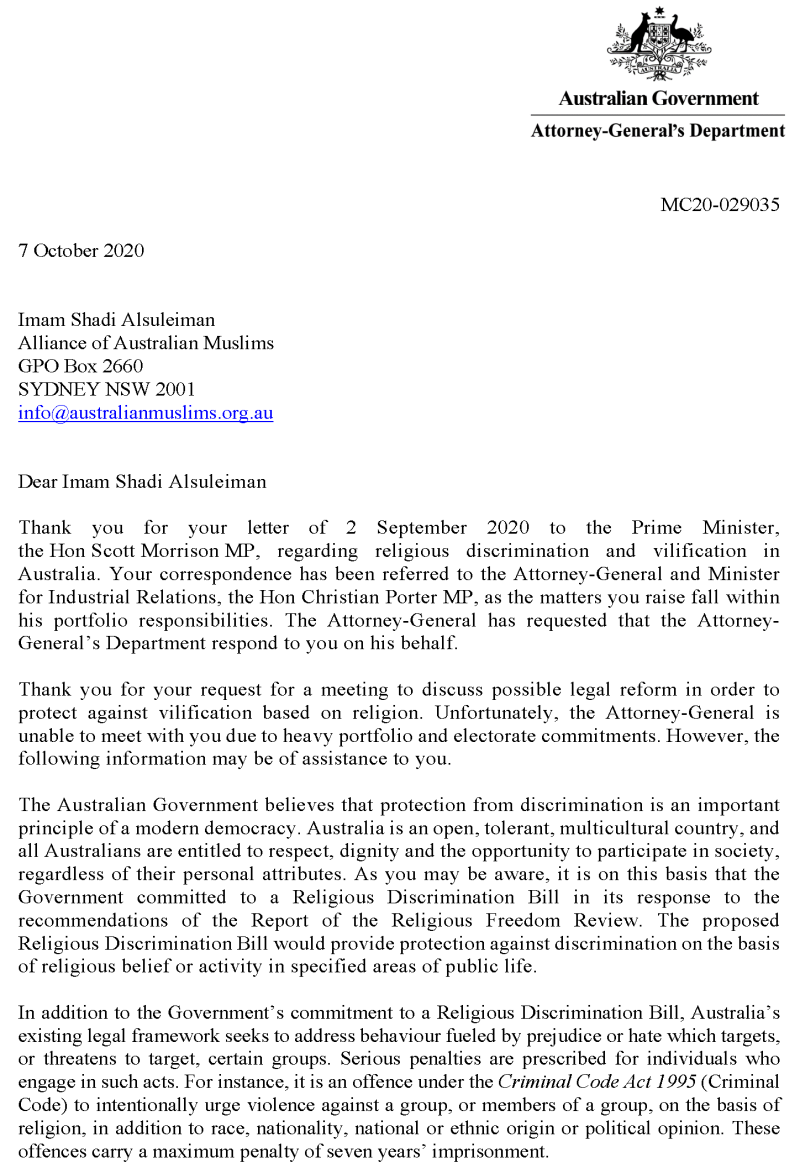
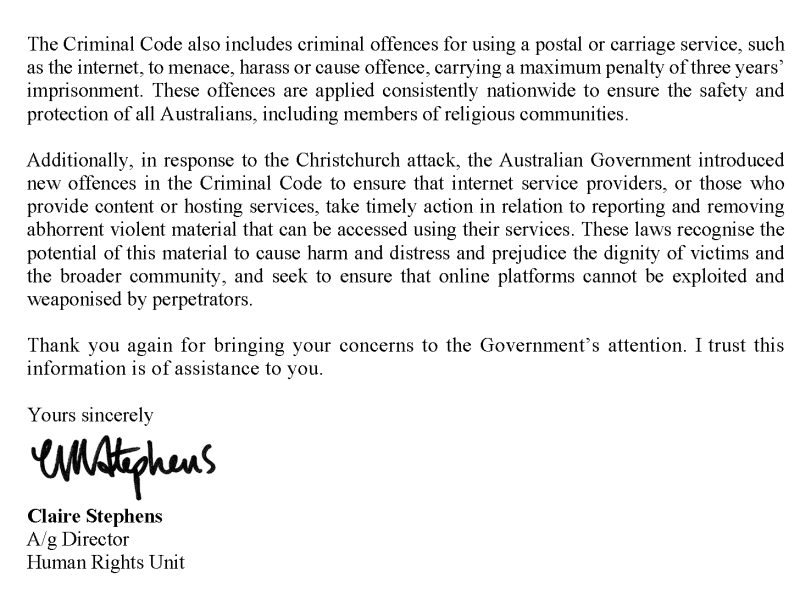


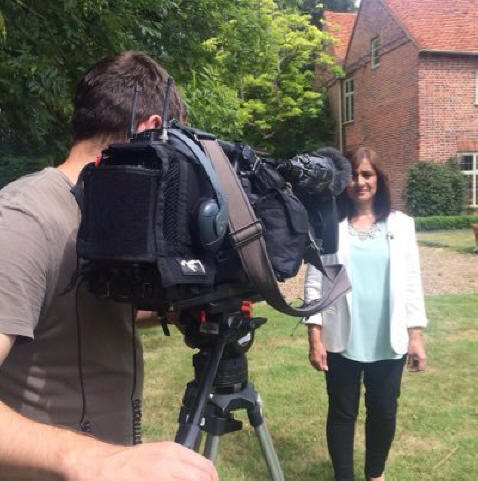
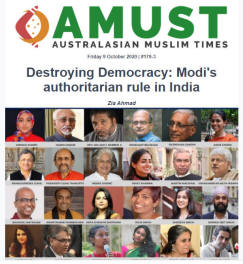

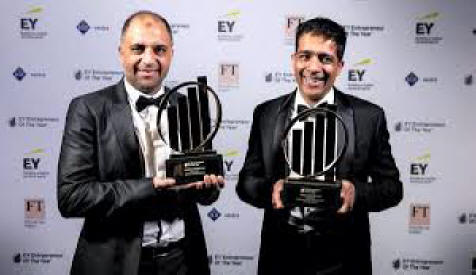
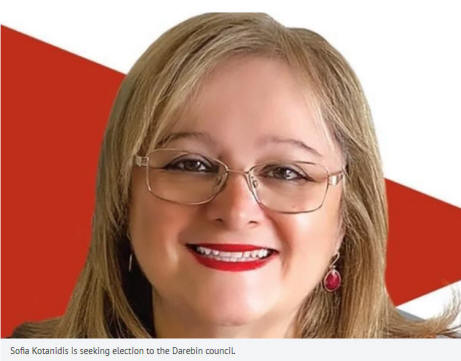
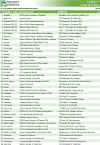
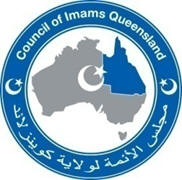


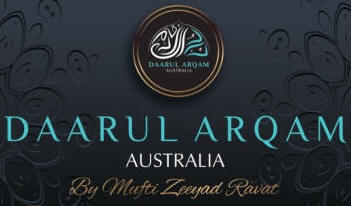



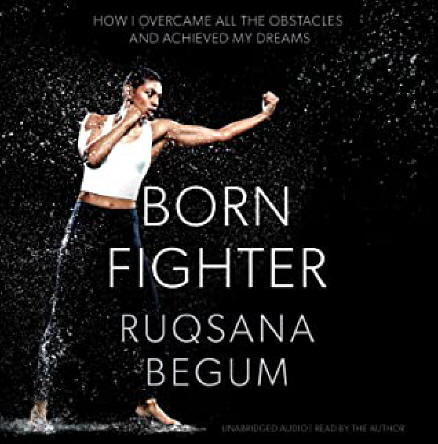





















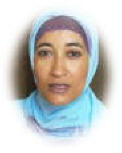
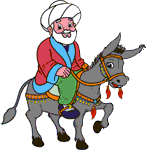
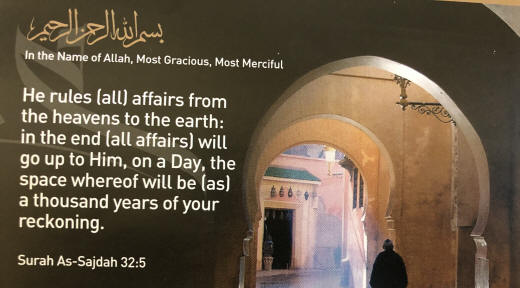
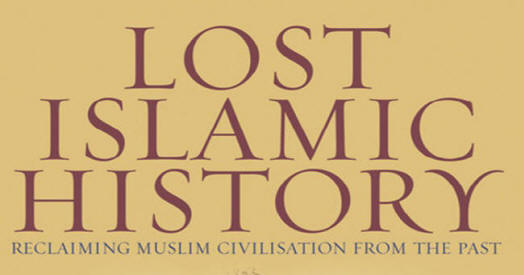
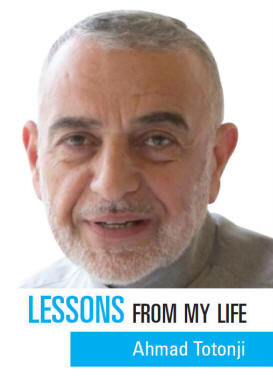








.png)



